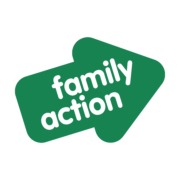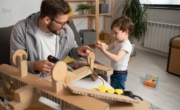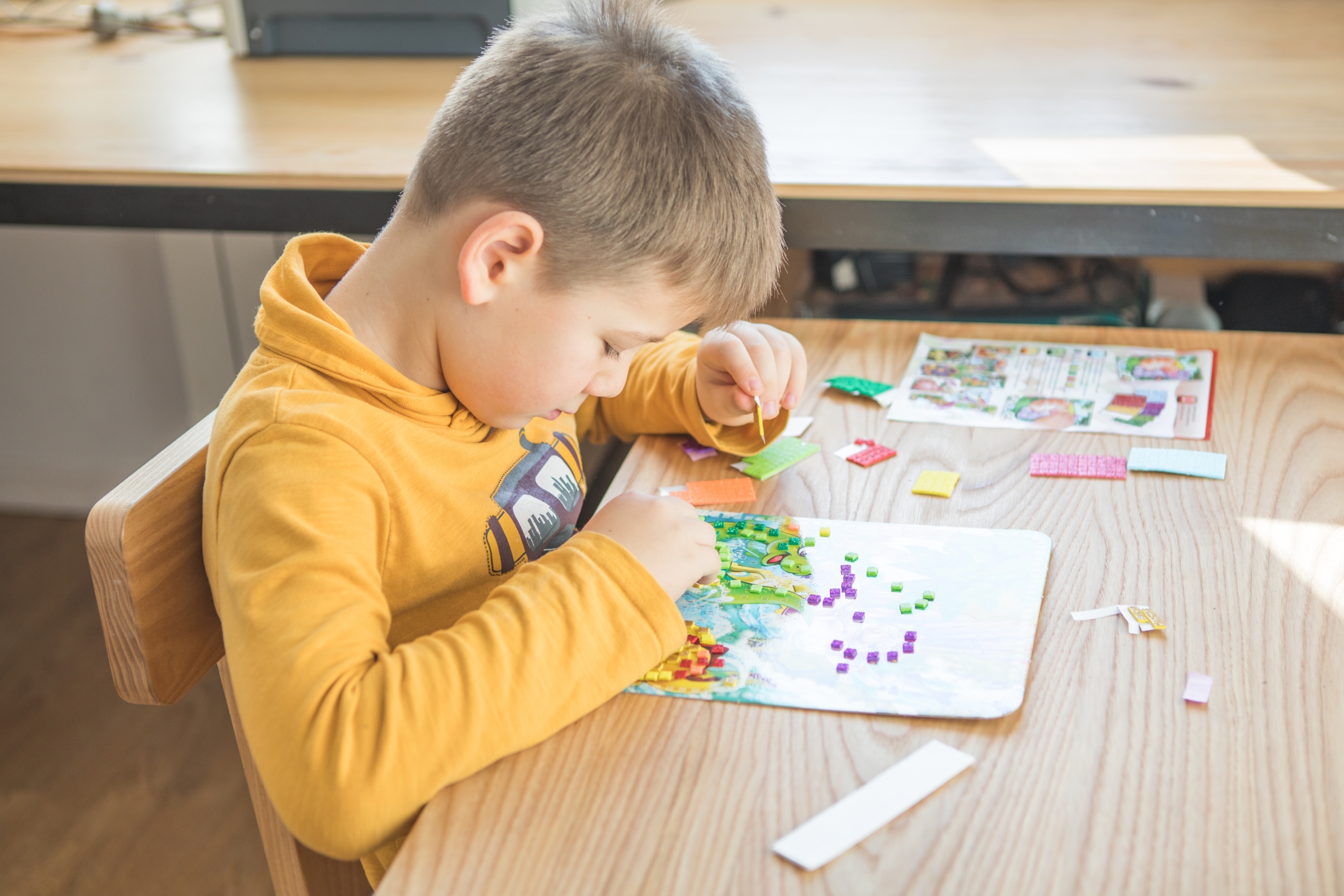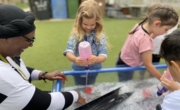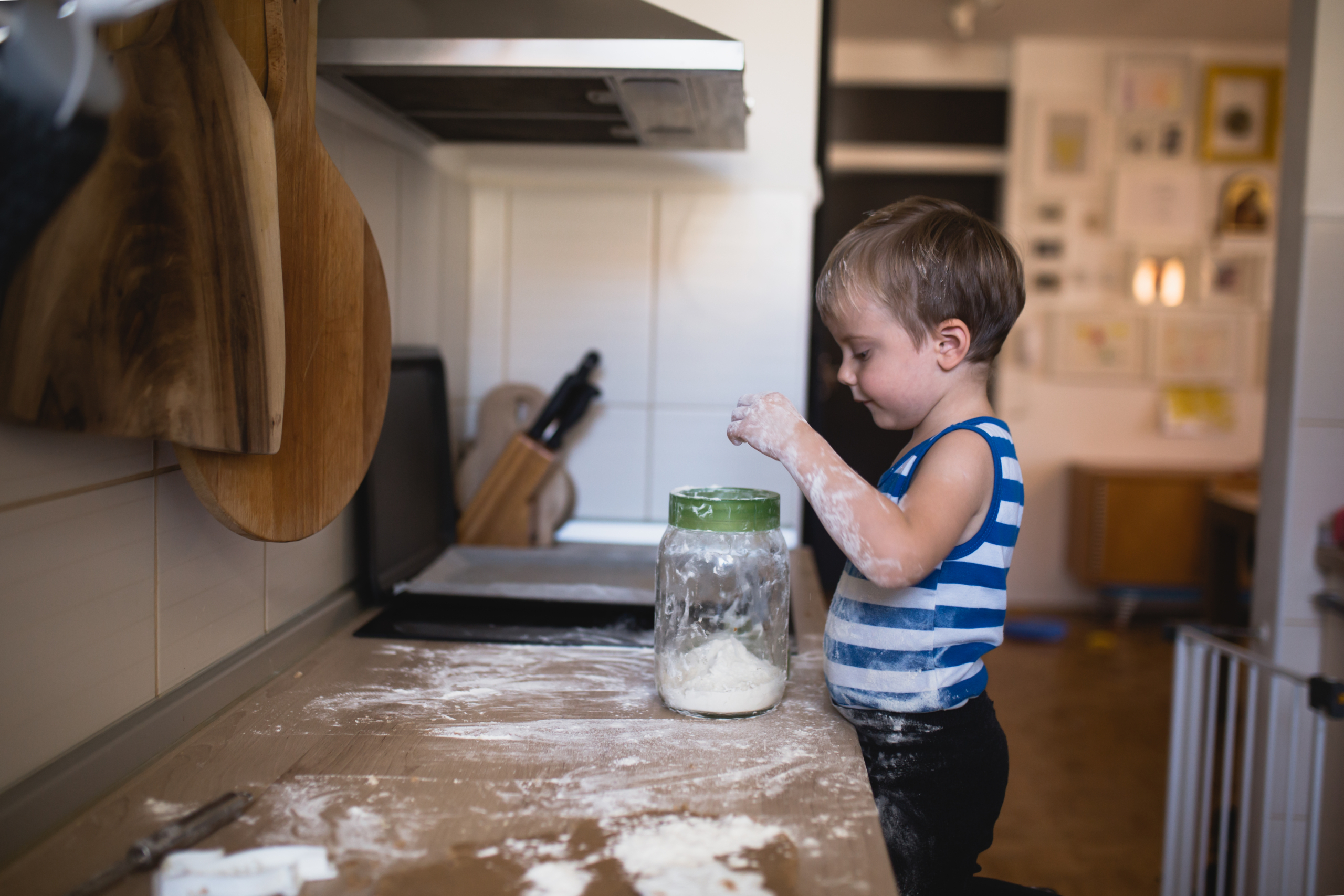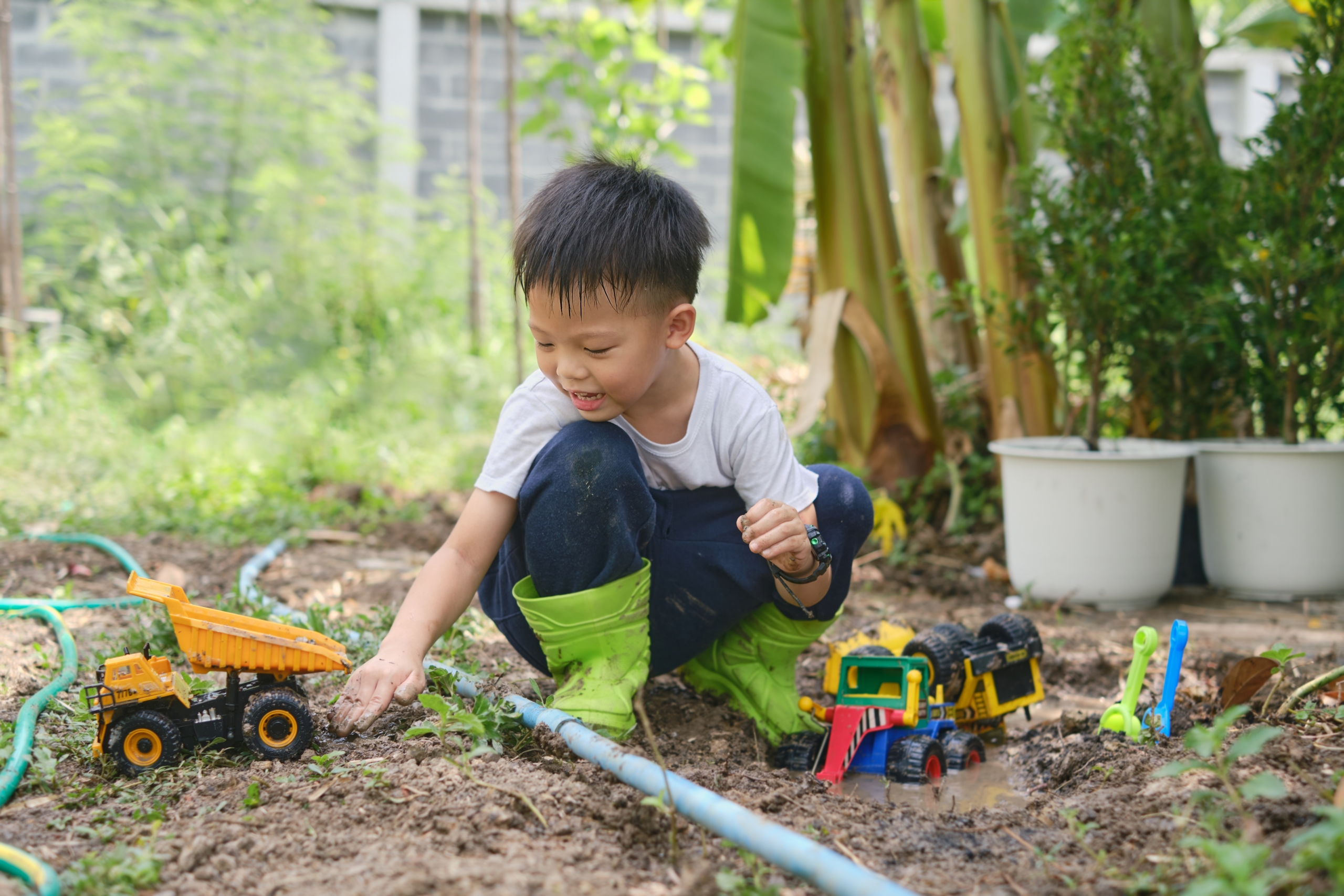We discuss how to playfully prepare your child to attend school for the first time.
We get it. Your child has just broken up from pre-school and you’re now doing the full-time parenting thing, or your blissful, uninterrupted time spent in the company of your new best friend is soon to come to an end, or perhaps your child’s long summer spent at nursery is finishing. Either way, your child’s first day at school is definitely happening, but right now it’s over the horizon, and you can be forgiven for pretending it’s not. But preparing for school for the first time needn’t be loaded with worry, and many of the things that will be required of them are things that can be practised at home in a fun, low-pressure and playful way.
Toileting
Toileting, for example, is a real struggle for teachers having to manage a class of dozens, so if your child can go to the toilet on their own and wipe their own bottom, it will make all the difference. But surely that can’t be fun? Who could possibly find the fun in that?
Meet Family Action’s Pre-School Supervisor Teresa. She said: “The trick is to take all the pressure off and gently encourage them – be enthusiastic about going to the toilet and seize opportunities when they arise… Encouragement is everything. “Stickers are like gold dust for children, and can be used to get them interested, and sometimes all it takes is patience. “There have been times I’ve sat in the bathroom with a child for an hour while they get ready… I’ve even taken books and construction blocks in there!”
Reading and literacy
While you’re camping in the toilet with those books we can also work on our children’s literacy skills as, if there’s one thing all the teachers and staff we talked to agree on, it’s that you can’t read too much to your children. The good news is that you can make this time pull double duty by educating them about what to expect – the charity BookTrust has a comprehensive list of books on the subject of starting school which are entertaining and enlightening.
Schools often develop work around the themes of a book and you can do the same by planning real-life nature activities around the stories you read – for example, you might visit a local farm if you’d been reading about the Billy Goats Gruff. Teresa adds: “They’re sponges at this age, and building activities around a theme or story really helps to fire their imagination”.
And if that sounds intimidating don’t worry, as a lot of local libraries will run free theme days for parents and their children over the holidays which are often themed around stories so you can let somebody else do the work while keeping a clean conscience! The important thing is to develop a love of books and reading, rather than to hammer it home, so it can work better to read to your children a little but often, which can be useful for parents who only have small windows of time between work and other responsibilities.
Writing and pen control
Parents worrying about school also often focus on writing, and some will try to do writing exercises with children beforehand. If your child is a little older and they’re quite capable this is fine, but it’s really important not to generate anxiety for children who aren’t quite there yet. Instead, try and shift your focus away from writing and towards mark making.
Pen control requires fine and gross motor skills, and these can be developed through play, such as by picking up a stick and mixing mud, digging in the sand or playing with modelling dough or water.
Pen control requires fine and gross motor skills, and these can be developed through play, such as by picking up a stick and mixing mud, digging in the sand or playing with modelling dough or water. Playing with dry spaghetti is also a really good activity, as it requires delicate handling not to break, which can supercharge those fine motor skills.
Communication and interaction
In comparison to home or even pre-school, primary school is going to involve lots of communication and interaction with others so, if you can, try to keep these skills up during the holidays. A really easy way to do so is to arrange a play date with children from pre-school or perhaps cousins, but there are also sports clubs, children’s centres and other activities that you can either leave them at or pretend to leave them at and then hover outside (yes, we’ve done it too!).
These activities help to broaden their horizons and prepare them to spend time away from you during the school day but, should you not be able to access these for any reason, just ensure you keep those communication skills sharp by talking to them about the play activities you’re engaged in or just simply what’s happening while you’re out and about.
Teresa added: “Talk to your child and share your plans to help them understand, listen and follow instructions. Some children will question this but that’s great, as a child who’s questioning is still communicating – by answering those questions you’re developing the confidence for them to ask for help when they need it later and you’re not there. And if they disagree that’s fine too, as it helps them develop the negotiation skills they’re going to need to interact with other children at school”.
Following instructions and setting expectations
A particularly good activity for following instructions is working together on food preparation, which is also a great way of stealthily preparing them for school dinners.
Many schools publish their menus so you could always look them up and cook some of the dishes they’re unfamiliar with during the holidays so they’re confident by the time school comes round.
For a fun diversion you can even practice drinking milk together through a straw on the carpet – anything that makes the transition to school less alien.
For this reason, it might help to talk with them about the school day– we’ve written an article that covers what to expect here but CBeebies also has a collection of videos dealing with exactly this topic.
One thing to remember when doing so, however, is to ensure your child knows that school is ongoing, like pre-school, for reasons our Early Years Champion Leanne knows all too well. She said: “I’ve heard stories of children finishing school on the first day and then thinking that’s it… that they’ve ‘done’ school, which can be quite hard to recover from!” Another good way to prepare is to practice walking driving or catching the bus to and from school.
Another good way to prepare is to practice walking driving or catching the bus to and from school.
This helps to familiarise your child with the route and also prevents you both arriving late on the first day, which can be a source of added stress. Finally, it’s worth establishing the bedtime and morning routine before you actually go back, as this shifts some of the work off the big day itself and allows you to see any problems before they occur – some children, for example, might be used to having breakfast at pre-school, so changing that routine can come as a shock.
Dress and uniforms
While we’re familiarising ourselves with the school day it can be fun to head out for the day and choose your child’s uniform, so they feel involved in the process. Doing so also allows them to tell you what they find comfortable – which is much more important than many of us consider. Getting this bit right also helps teachers, who have to manage lots of children in their class, as if your child can take off and put on their coat or shoes without support it takes some pressure off them, and also makes it less of a big deal for your child.
Therefore we’d recommend going for the easiest options you can that fit within your chosen school’s dress code – pop studs on jackets, Velcro on shoes and mittens with string to prevent loss of gloves.
As parent Sam shared: “between my two children I think I bought at least 30 pairs of gloves over two terms… and that may be an understatement”. Shoes can be a problem, with some children struggling to tell the difference between shoes intended for left and right feet. This can be avoided quite simply, and entertainingly, by sticking different stickers to each shoe.
It’s also a good idea to show the children the name tags on their clothes and labels as this helps give them a sense of ownership… and helps to prevent them from losing them! Another thing to avoid is the new shoe trap.
It’s also a good idea to show the children the name tags on their clothes and labels as this helps give them a sense of ownership… and helps to prevent them from losing them!
We know you want to put their shiny new shoes on for the first day of school, but this could be another source of discomfort on a difficult day. Instead, let them wear them in for a few weeks first so that it’s one less thing for them to worry about.
One final note
Speaking of worrying…
Despite all this advice we’re giving you there’s one thing we want to make clear to any parent or carer reading this. You’re not a teacher and there are many things about school you won’t be able to practice… For example, even the most dedicated parent or carer would struggle to round up 30 other children to practice standing in line! Therefore don’t worry about what you can’t prepare for, and don’t beat yourself up about how much time you have when you DO have time to prepare. Or, as one of our staff put it: “Don’t be embarrassed by who you are and what you can or can’t do. You are already teaching your children one of the most valuable lessons they can learn – that they are loved, safe and secure”.
The points above are focused on preparing for school, but play is great for learning and development in general. That’s why over the summer we’ve shared practical guidance from our child development experts on creating engaging play spaces and fun, simple, low-cost activities that the whole family can enjoy. Check out our Creating Happy Memories hub page to find out more.
School transitions can be times of heightened stress in the household that can cause any of us to feel overwhelmed. If you’re struggling with any aspect of family life, or just need to speak to someone, you can contact our FamilyLine service for free emotional support and guidance.

